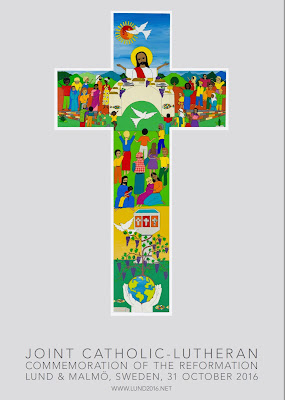FMLN offered $10 million in micro-credits to gangs.
More recordings of secret meetings have surfaced showing prominent FMLN officials meeting with leaders of the country's notorious gangs. In these meetings, the FMLN discusses creating a multi-million dollar micro-credit program to be managed by the gangs and discusses complaints of the gangs about prosecutions and cooperating witnesses. The recordings were surreptitiously made by the gang members attending the meetings, and the recordings subsequently found their way into the hands of three online journalism sites: El Faro, RevistaFactum, and InsightCrime. Here is the introduction to the InsightCrime article : Two videos reveal another layer of secret negotiations between El Salvador’s ruling party, the FMLN, and leaders of the three main gangs in El Salvador. One involves the former Minister of Public Security, Benito Lara, and another is with current Interior Minister Aristides Valencia, in which the latter offers the gang leaders up to $10 million in micro-c...

